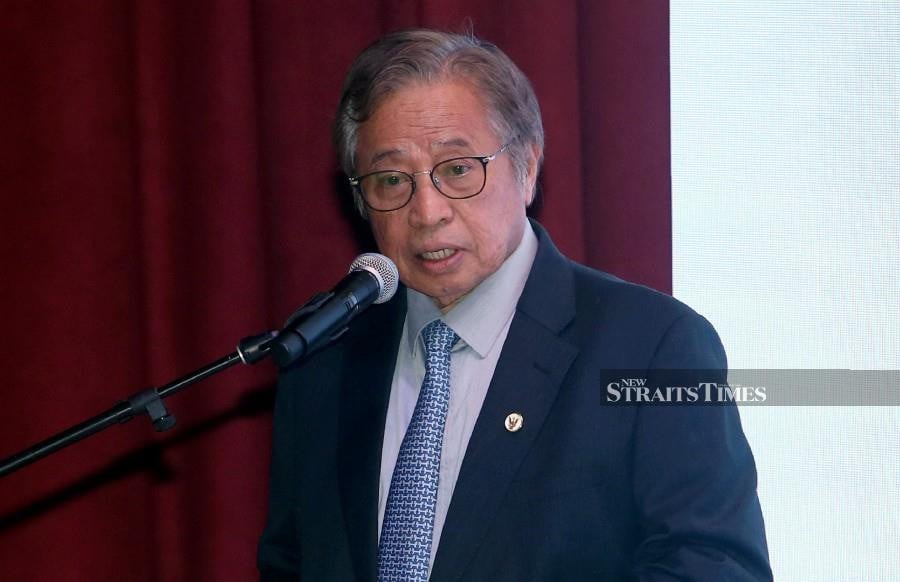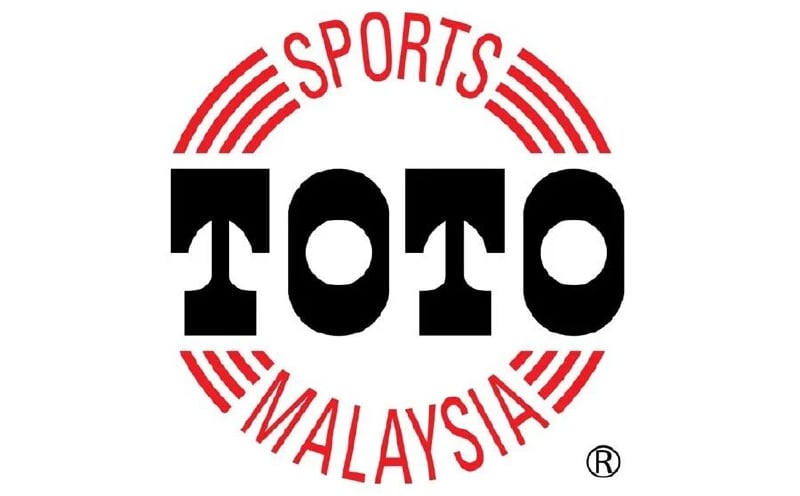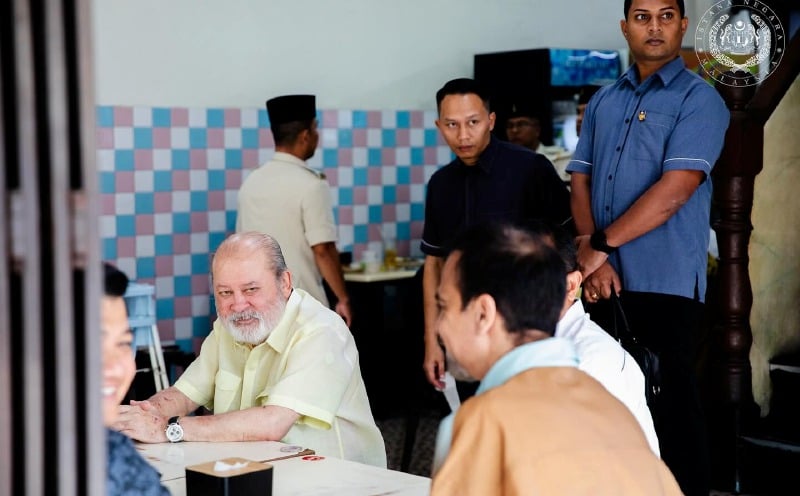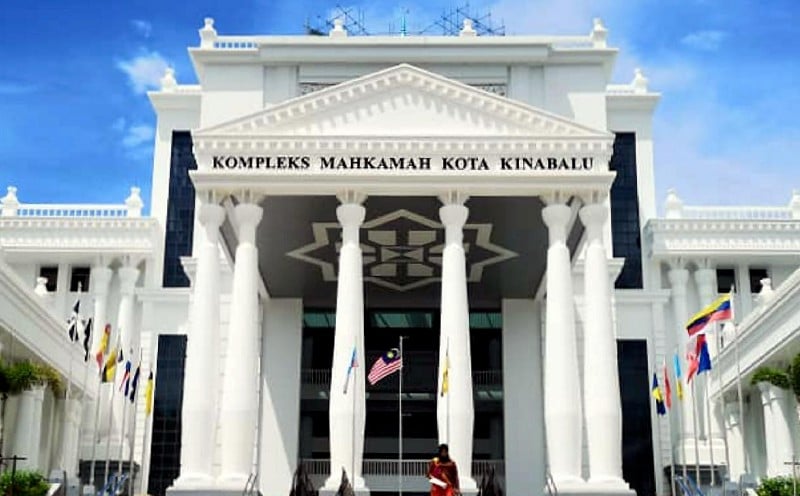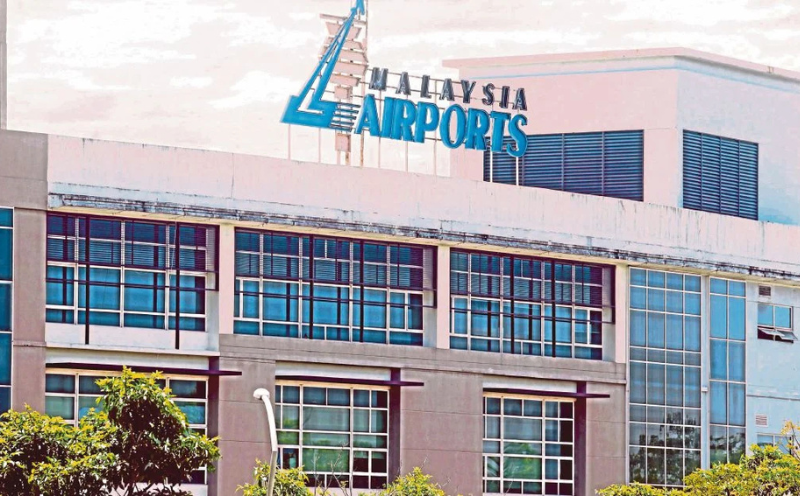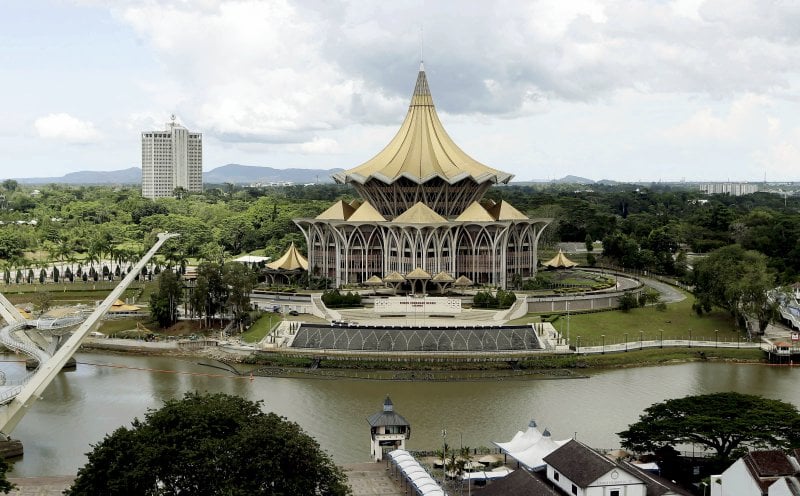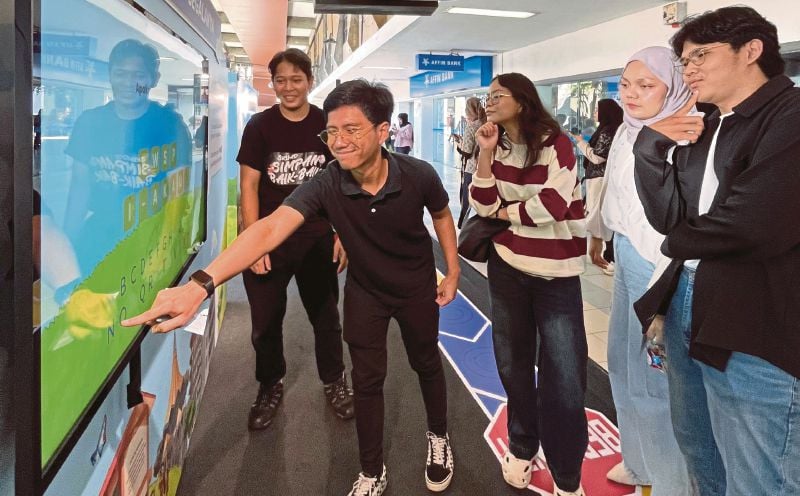KUCHING: The Sarawak Research and Development Council (SRDC) is initiating a thematic grant call focusing on renewable energy research and development, with an emphasis on hydrogen production and storage, said Sarawak Premier Tan Sri Abang Johari Tun Openg.
He said this initiative was a step towards lowering production costs and a commitment to leveraging the state's local knowledge and resources.
"By investing in hydrogen production and infrastructure, Sarawak is not only addressing local energy needs but also creating new economic opportunities," he said in his speech, which was read by Deputy Premier Datuk Amar Dr Sim Kui Hian at the opening of the Second Sarawak Research and Development Symposium here today.
Abang Johari said the commitment to the hydrogen economy underscores Sarawak's role as a leader in renewable energy innovation and its contribution to global sustainability goals.
He said the wisdom and experience embedded within the local communities, including the indigenous peoples of Sarawak, were invaluable assets in the quest for global solutions.
Abang Johari said that by integrating local expertise into the innovative research programmes and processes, the state could develop approaches that are contextually appropriate and culturally sensitive, enhancing their efficacy and acceptance.
He said the path from innovation to widespread impact was fraught with challenges, adding that scaling innovations to reach broader audiences and achieve substantial impact required addressing barriers, such as resource constraints, regulatory hurdles, and market dynamics.
"It demands a strategic approach, one that anticipates obstacles and devises solutions to overcome them.
"By sharing best practices and learning from our collective experiences, we can navigate these challenges and amplify the reach of our innovations," the premier said.
"For example, the SIDC (Sarawak Infectious Disease Centre) vaccine programme, which involves partners from the United Kingdom, Thailand, and Indonesia, is designed to facilitate market scalability in partner countries, demonstrating how strategic international collaboration can overcome common barriers to widespread impact," he said.
Abang Johari noted that Sarawak, with its rich biodiversity and cultural heritage, offered unique opportunities that translate research findings into tangible societal, economic or environmental benefits.
He added that the journey from discovery to impact required a strategic approach, one that embraced the practical application of knowledge to address real-world issues.
"By doing so, we ensure our research does not remain confined within the ivory towers of academia but reaches the communities that need it most," he said.
Meanwhile, Abang Johari announced that SRDC unit SMD Semiconductor Sdn Bhd had forged partnerships with the United Kingdom's Compound Semiconductor Applications Catapult to work together in the design, prototyping and manufacturing of next-generation semiconductor and compound semiconductor chips in the automotive and space industries.
He said that in addition, all programmes carried out by SRDC and its subsidiaries featured significant elements of global partnership.
He said the collaborations include local agencies such as the Department of Veterinary Services and the Sarawak Forestry Corp, national agencies and ministries like the Health Ministry and international partners like the Swiss Tropical and Public Health Institute, the United States' Centers for Disease Control and Prevention and Bioneer from South Korea.


